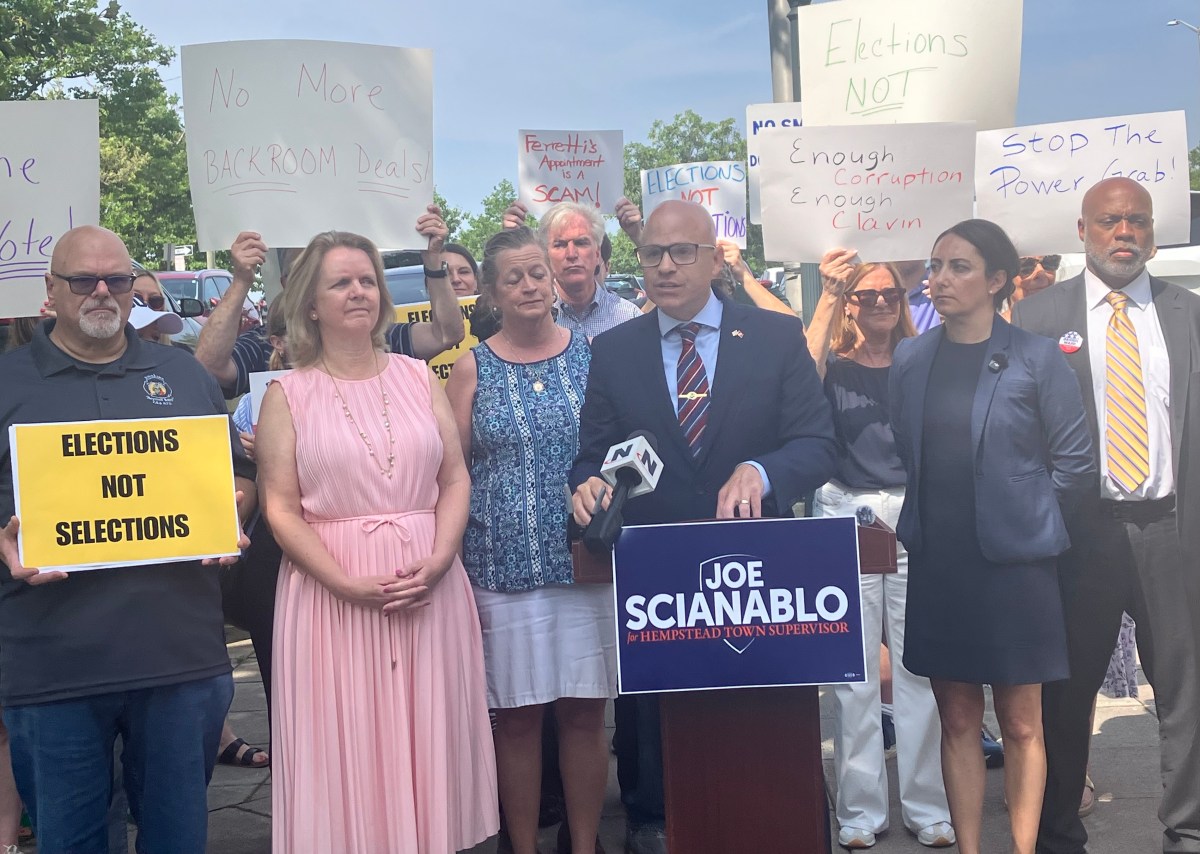PORT-AU-PRINCE, Haiti (AP) _ Protesters have streamed into the capital’s streets in recent weeks in sometimes violent rallies to back opposition demands for an independent recount of the first round of Haiti’s presidential vote and immediate changes to an electoral council.
That fervor isn’t shared by many in this impoverished country, however, and analysts worry widespread voter apathy is threatening the latest attempt to shore up Haiti’s fragile democracy. The malaise during this year’s three-round electoral cycle is occurring while nearly all public offices are up for grabs.
Food vendor Minouche Jean didn’t vote in the first round of the presidential election in late October and won’t cast a ballot in the runoff that is scheduled for Dec. 27. She has no interest in a process that seems to matter so little in her daily life.
“It’s a waste of my time to go stand in line for hours and get nothing in return,” she said while arranging small bags of rice and sugar on a wooden stand in a Port-au-Prince shantytown. “I have to make money.”
Campaigning for the Dec. 27 runoff is technically under way, but so far only one presidential candidate appears to be running. The first round’s No. 2 finisher, Jude Celestin, has alleged “massive fraud” in favor of the government-backed contender and his opposition alliance threatens to unravel the vote. The top finisher, Jovenel Moise of outgoing President Michel Martelly’s Tet Kale party, is campaigning and complains critics are not providing evidence to support accusations of vote-rigging.
Jean’s dim view of the democratic process appears to be widely held judging by interviews conducted across the country by The Associated Press. That deep sense of voter disenchantment suggests the already low turnout for the October vote will be repeated in the presidential runoff. Only 18 percent turned out for the first legislative round in August.
“If you vote in Haiti, you get betrayed,” said Chery Anozier, pausing as he made spicy peanut paste on a hand-cranked grinder along the side of a dusty road. “I cannot put my trust in these politicians.”
There are many theories for such sentiments: a lack of inspiring candidates; exasperation with broken promises and years of political infighting; suspicions that electoral officials will falsify results or that leaders are chosen by the foreign governments funding the vote.
James Morrell, director of the Washington-based Haiti Democracy Project, said the mood runs from “apathy to resentment to conscious boycott after so many disappointments.”
Roughly 1.5 million votes were cast in the presidential contest’s first round Oct. 25, or just 26 percent of Haiti’s 5.8 million registered voters.
And Haitian observer groups suspect most of those votes were cast by “mandataires,” political party workers told to be at polling stations. The groups note the Provisional Electoral Council issued over 900,000 accreditations for political party representatives.
The turnout was roughly similar to the 2010 presidential election, but that vote was held in the wake of a devastating earthquake that killed as many as 300,000 people, made more than a million homeless and left Haitians fixated more on survival than politics. The election in 2006 had 60 percent turnout.
Those who did cast ballots in October and August evoked a sense of civic duty. But even that feeling isn’t always enough to get people to voting centers.
Irilien Cejour, a welder in the central town of Mirebalais, said he considers voting a citizen’s duty, but he was so uninspired by the 54 candidates on the first-round presidential ballot that he stayed at home.
Some Haitians are so disenchanted that they are nostalgic for the 29-year father-and-son dictatorship of Francois and Jean-Claude Duvalier, which ended with a popular uprising in 1986. An estimated 60,000 people were killed during their reign, but there was order, some people say.
“Back in the Duvalier days you could get a big bag of rice, too big to carry, for just a little money. Now everything is expensive,” said Marie Solange Auguste, who grows corn and beans on a small plot behind a police station in the west coast city of St. Marc.
At her tiny shop, Jean, the food vendor, said if a candidate comes along who she can believe in she might vote in the future. But she’s skeptical that will ever happen.
“All the politicians make a lot of promises when they try to win elections. But after they win, you never hear from them again,” she said.


























